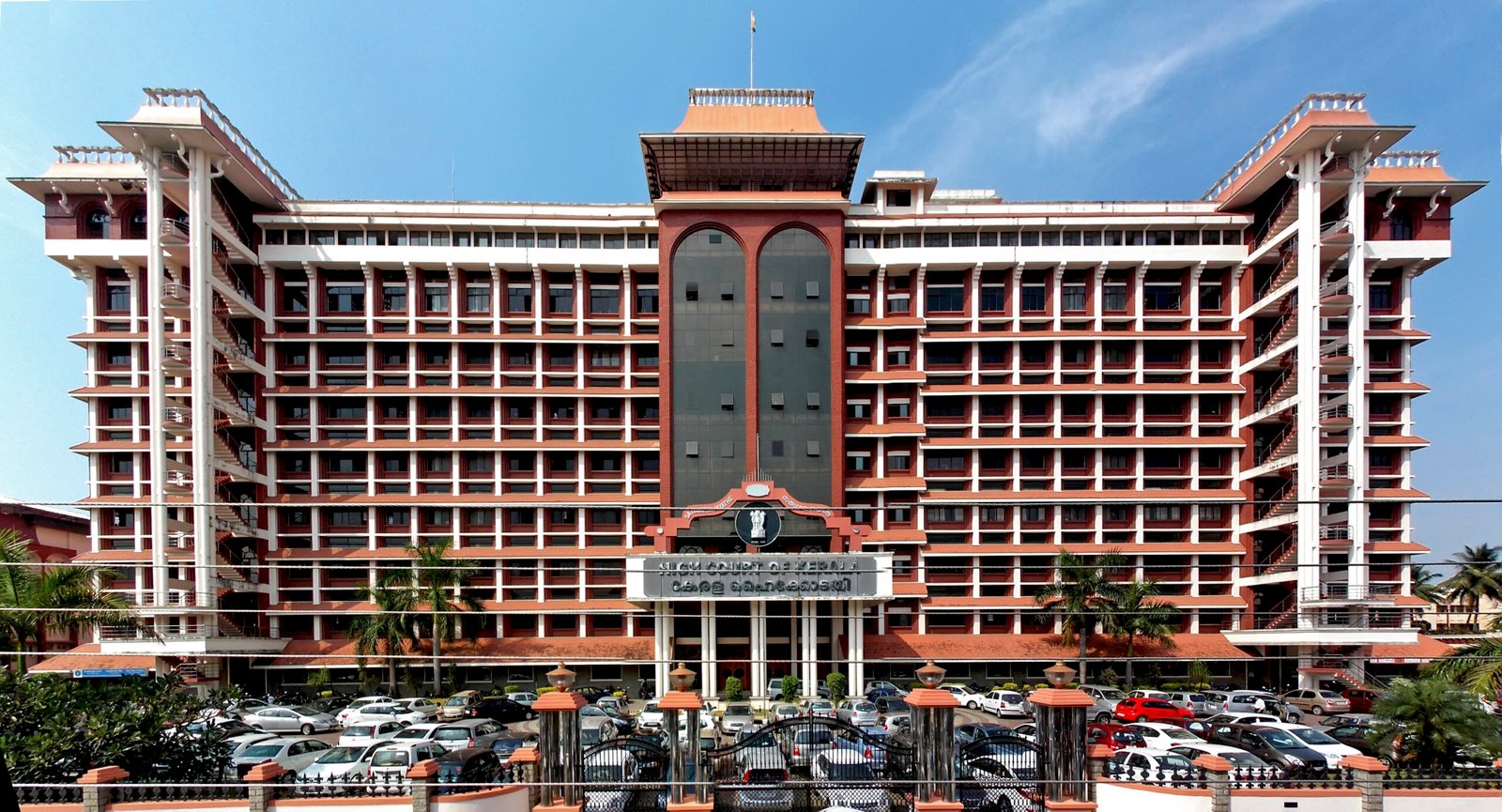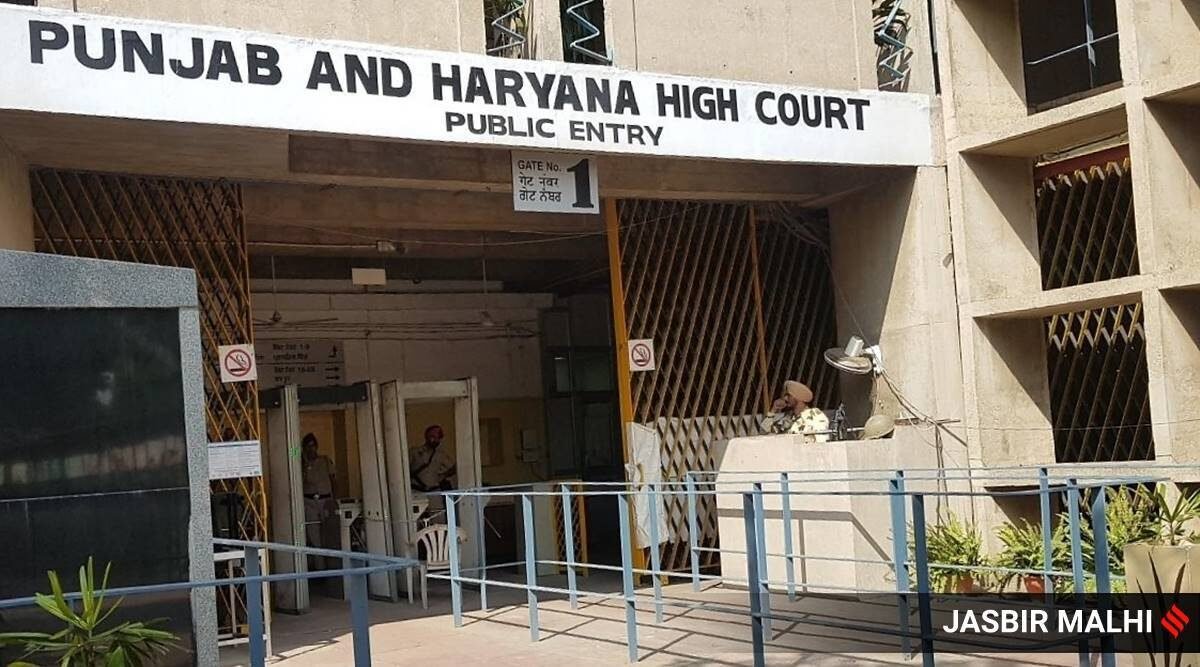To protect the identity of a rape survivor, a single judge had ordered the immediate anonymization of records. However, the request for legal action against the Magistrate was declined. The Kerala High Court upheld the decision of the single judge who rejected the plea for legal action against a Magistrate who inadvertently disclosed the identity of a rape survivor.
Supporting the single judge’s ruling, a division bench consisting of Chief Justice AJ Desai and Justice VG Arun explained that the order for immediate anonymization of records had been issued to safeguard the survivor’s identity. The High Court was deliberating on an appeal made by a rape survivor.
The survivor had approached the Judicial First Class Magistrate in Kattakkada to revoke the parole previously granted to the defendant Saiju AV. In addition to denying the parole revocation, the magistrate unintentionally disclosed the victim’s identity.
Subsequently, the survivor appealed to the High Court, seeking disciplinary action against the Magistrate, arguing that his actions violated the Supreme Court’s guidelines established in Nipun Saxena & Anr. v Union of India & Ors., which outlined protocols for protecting the identities of rape victims.
Justice Devan Ramachandran, the single judge, dismissed the petition and ordered the immediate anonymization of records to protect the survivor’s identity. However, the request for legal action against the Magistrate was rejected.
The single judge determined that Section 228A of the Indian Penal Code (IPC), which addresses criminal liability for disclosing the identities of victims of specific offenses like rape, applies only to those who print or publish such information and does not cover situations where a court inadvertently discloses such information during proceedings. The court’s decision underscored the comprehensive protection afforded to judges under the Judges (Protection) Act, with a particular focus on the Magistrate’s performance of judicial duties.
The single judge emphasized the crucial importance for judges and judicial personnel to always remember the necessity of safeguarding the anonymity of victims of sexual offenses. The judge suggested proactive measures to obscure information in cases involving these victims.
Subsequently, the survivor of the rape filed an appeal against the single judge’s ruling. The survivor’s main argument was that the defendant, who was a Circle Inspector of Police, had exerted undue influence over the judge.
According to her account, there was regular interaction between the two individuals, and the officer was frequently seen leaving the magistrate’s chamber. While acknowledging that jurisdictional police officers and magistrates engage in professional interactions, the petitioner argued that the nature of their interaction went beyond official duties.
The appellant-survivor alleged that the magistrate intentionally disclosed personal information, including her name, address, and other details, without concealing them in the court order. She claimed that this disclosure was done maliciously, driven by the accused officer’s vindictiveness.
Furthermore, it was argued that the magistrate issued the order under the influence of the accused officer, which placed the appellant in humiliating circumstances in public spaces. Due to derogatory remarks made by onlookers, the appellant felt compelled to withdraw to her residence and avoid public areas.
As a dental practitioner, the appellant asserted that the cumulative impact of these actions had rendered her practice inoperable and had caused irreparable damage to her career. However, the High Court dismissed the appeal, affirming the decision of the single judge.



